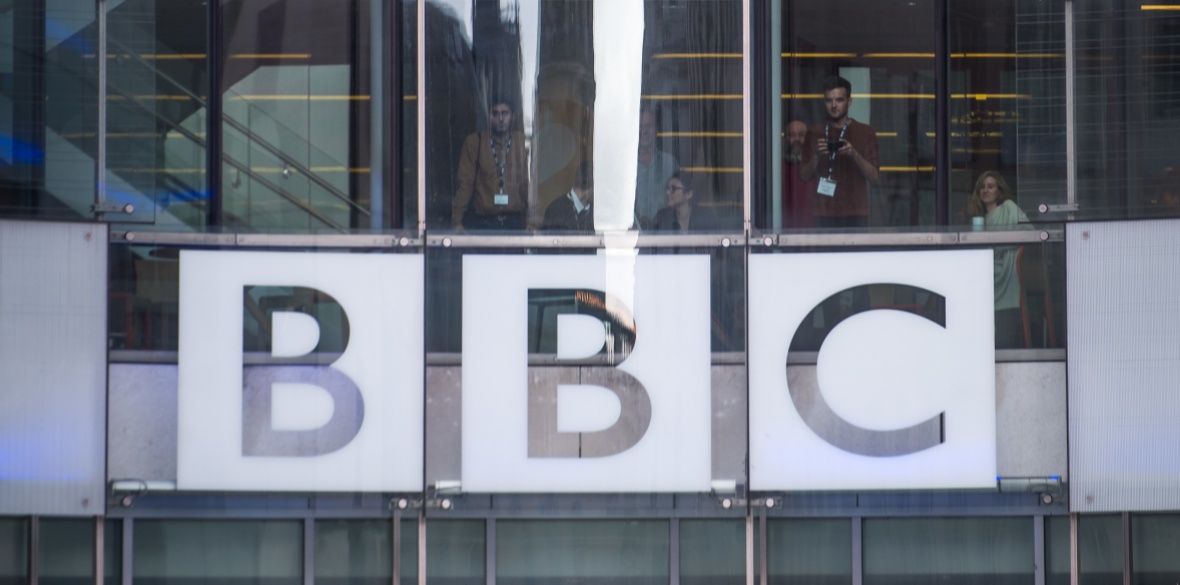REPORTS suggest Boris Johnson is seeking to appoint former Daily Mail editor Paul Dacre chair of media regulator Ofcom, while making former Daily Telegraph editor Charles Moore chair of the BBC.
Tory MP Steve Baker was clear on the Sophy Ridge show why such appointments would, in his view, be good news: “They are Conservatives.”
At the BBC, despite perennial Tory claims of “left-wing bias,” this would be nothing new. BBC staff with close links to the Conservative Party abound.
Director-general Tim Davie is former deputy chairman of Hammersmith and Fulham Conservative Party. Former BBC Westminster chief Robbie Gibb walked straight from overseeing the public broadcaster’s political output to becoming director of communications for Tory prime minister Theresa May. And her immediate predecessor David Cameron also picked his comms chief from the BBC top team, snatching Craig Oliver from his role as head of TV news.
The BBC joined the rest of the media in a five-year onslaught against former Labour leader Jeremy Corbyn, co-ordinating the resignation of shadow cabinet member Stephen Doughty on air during the “chicken coup” of 2016 and mocking the Labour leader up as an apparent Russian in 2018 among many other instances. In 2017 the BBC Trust was forced to admit that its political editor Laura Kuenssberg had broken impartiality and accuracy guidelines when interviewing Corbyn about terrorist attacks.
So why the proposed appointments – and why leak news of them in advance?
The Tories are aware of the value of culture wars as a means of shunting politics that advances the interests of the working class off the agenda.
The catastrophic failings of the current government, the second wave of coronavirus infections and the looming joblessness crisis make a strong case for distracting the public, and igniting a fight over the real or imagined values of the BBC is one approach.
At the same time, the PM’s team recognise that they can ignore political convention and get away with it. Johnson’s decision not to risk an interview with Andrew Neil during the last election when other party leaders undertook it was a case in point — as, in February, was No 10’s attempt to bar reporters it considered unsympathetic from press briefings, prompting a walkout from political journalists across the spectrum.
Public confidence in the political system is so low that flouting its rules is unlikely to carry a heavy cost. And since the BBC is already dominated by Conservatives, objections based on the broadcaster’s supposed objectivity are unlikely to wash.
Johnson rode to power on the Brexit cause and he — or at least Dominic Cummings — will understand what made the case against it so unconvincing.
Warning people trapped in poverty pay and insecure jobs of economic disaster doesn’t work. Labour’s predictions of privatising trade deals threatening our public services were accurate enough, but lost their sting because they were also an accurate picture of the present. Brexit was an argument the status quo was bound to lose since it had so little going for it.
The left should heed this analogy when addressing Tory plans for the BBC. Britain’s media landscape looks bleak, dominated by a handful of giant companies and by the political right. The mooted launch of a Fox News-style channel, GB News, is likely to make things worse — but the involvement of senior and former BBC figures including both Neil and Gibb in that project give the lie to the idea that it represents something completely alien to our existing broadcast media.
Socialists should acknowledge the importance of public-service broadcasting — while highlighting the anti-democratic character of the state broadcaster and proposing serious media reform. Labour under Corbyn made valuable suggestions as to the form that could take, but those are off the agenda until a radical socialist challenge to the current set-up is rebuilt.
To that end, our priority should be to promote and support the socialist and independent media.












